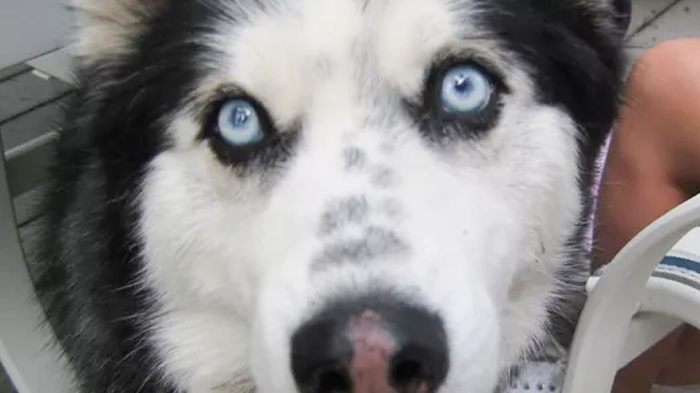Senior Canine Seizures: Harley’s Story
I don’t know anybody who has as much experience with canine seizures as my friend over at fivesibes.com. Her blog is an invaluable resource for anybody whose dog was diagnosed with canine epilepsy.

Huskies are a beautiful, intelligent, friendly and relatively healthy breed. They are, however, one of the breeds with an increased predisposition to idiopathic epilepsy. If you love the breed, you better learn a thing or two about that.
A seizure doesn’t automatically equal epilepsy.
Roxy’s seizures, for example, were the result of a brain infection.
Depending on the age at which they start, the most common causes break down into three categories.
Young puppies
The likely cause of seizures in puppies is a congenital malformation such as a liver shunt, hydrocephalus, etc.
Middle-aged dogs
If a dog between the age of 3 to 5 years starts seizing, epilepsy is most likely.
Senior dogs
In senior dogs, there is a high possibility that seizures are caused by something such as a tumor invading or compressing the brain.
There are other potential causes such as head injuries, poisoning, liver disease, kidney disease, electrolyte imbalances, anemia …
Any dog can get a seizure; it can come out of the blue.
You might be able to nail down the cause, or not. Or you can get a diagnosis of idiopathic epilepsy which sounds like a diagnosis but it still really means nobody has the slightest idea what is really causing them.
If a senior dog starts getting seizures, epilepsy is not likely.
Harley got her first seizure at the age of 12. No matter how much experience you might have with canine epilepsy, knowing that you’re looking at a completely different cause is scary.
What is going on? You need to start testing.
Harley’s blood work revealed low thyroid hormones. Hypothyroidism can be a trigger for seizures.
With thyroid hormone supplementation, Harley was seizure-free for a year.
And then, another seizure came.
Blood work looked good, including thyroid levels. With a senior dog, you cannot think about the potential of a brain tumor. Perhaps the seizure was caused by low blood sugar. Perhaps it was brought on by sudden stress.
At some point, MRI might be the thing to consider. For the time being, there isn’t a good reason to put Harley through a battery of unpleasant or invasive tests. Baseline tests are always appropriate and should be done every time any dog has a seizure. Where to go from there depends on the dog, their age, and circumstances.
For now, Harley’s mom will take measures to keep her blood sugar levels steady, and with a bit of luck, the seizure might not repeat.
Regardless of your dog’s age, any seizure calls for medical attention.
Given how scary they are, I hope most people would see a vet immediately. As well as they should.
To learn more about Harley and about canine seizures, visit fivesibes.com.
Source article:
If a Senior Dog Has a Seizure, Is It Canine Epilepsy?

Thank you so much for sharing my Harley’s story and for your support of dogs with seizures and Canine Epilepsy! It’s a subject near to my heart with Harley having had age-onset seizures and my Gibson having Canine Epilepsy. What a lovely surprise to see this! Thank you again. I’ve Pinned to share!